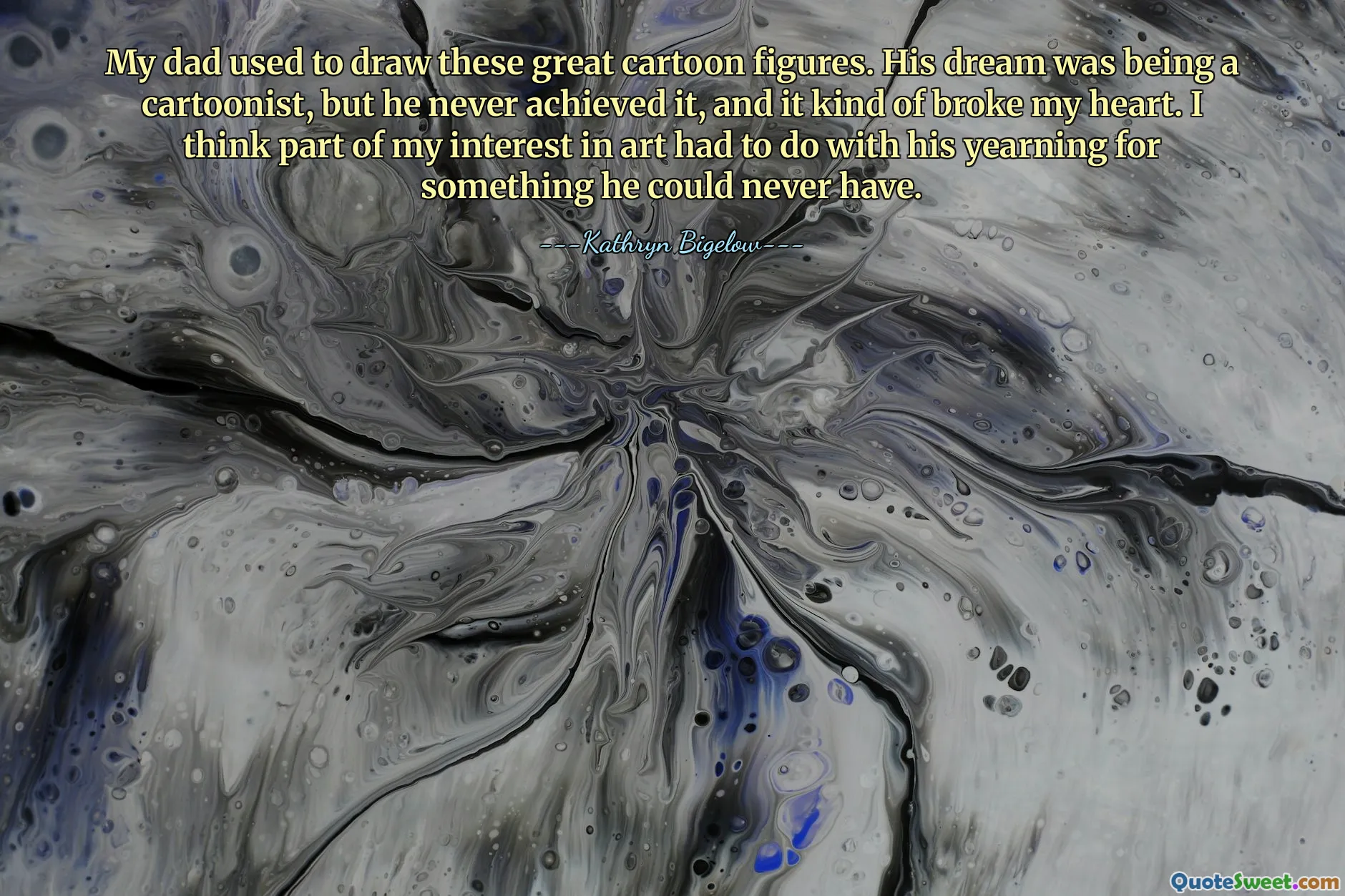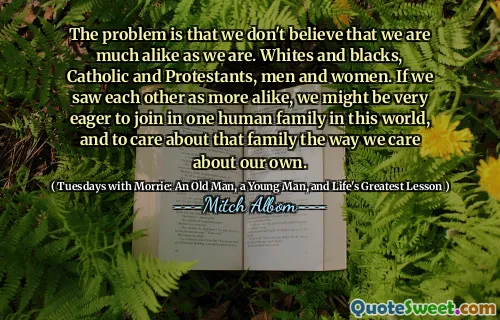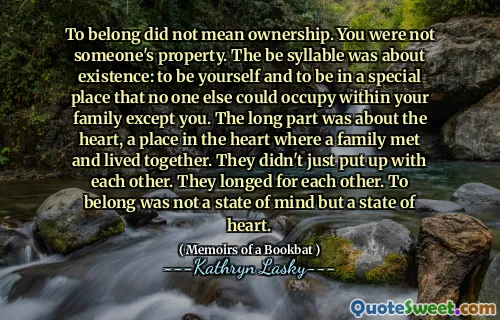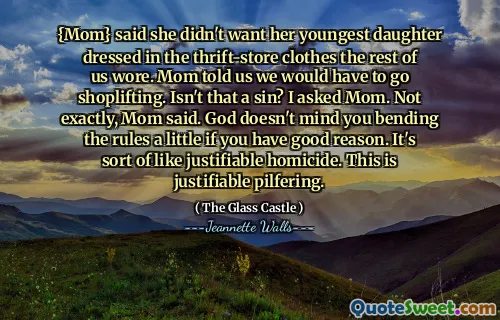
My dad used to draw these great cartoon figures. His dream was being a cartoonist, but he never achieved it, and it kind of broke my heart. I think part of my interest in art had to do with his yearning for something he could never have.
This quote offers a poignant glimpse into how our personal experiences and the unfulfilled dreams of loved ones can deeply influence our own passions and life choices. The narrator's father's lifelong pursuit of becoming a cartoonist, despite not achieving that dream, embodies a universal theme of aspiration juxtaposed with reality. It highlights the emotional impact that unmet ambitions can have not only on the individual but also on their family—generating feelings of longing, disappointment, and perhaps even regret.
The narrator's reflection suggests that their own interest in art was shaped, in part, by this emotional connection to their father's unfulfilled dream. It underscores how our environmental influences, especially those rooted in family, can mold our identity and aspirations. This idea resonates with the broader understanding that, sometimes, our pursuits are driven not solely by personal passion but also by a desire to connect with or honor someone we love.
Furthermore, the quote invites us to think about the possibilities of compassion and empathy within family dynamics. The father’s unfulfilled aspirations might have been a hidden source of vulnerability, and the narrator's responses—perhaps subconsciously or consciously—are intertwined with this collective narrative of longing and longing's impact across generations.
Overall, the quote underscores the profound ways in which the dreams of others shape our own narratives. It triggers reflection on how we interpret our origins, the invisible inheritance of hope, disappointment, and the complex layers of emotional legacy passed through family bonds.
Such reflections can help us better understand our own motivations and the importance of acknowledging the unspoken dreams and struggles of our loved ones. It reminds us that art and creativity often serve as outlets for expressing unfulfilled desires and that recognizing these influences can deepen our empathy and insight into human relationships.











